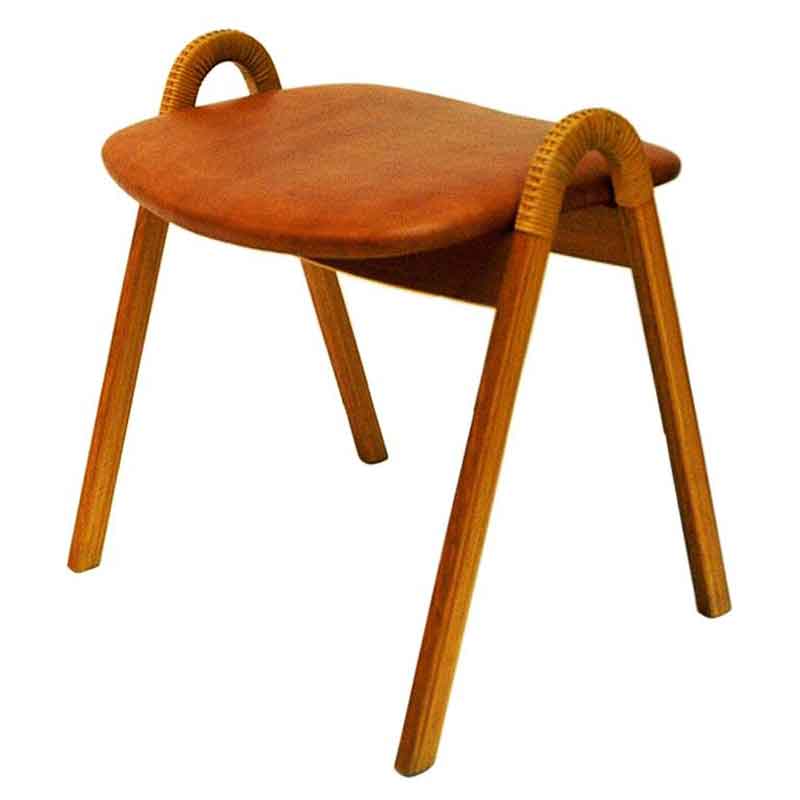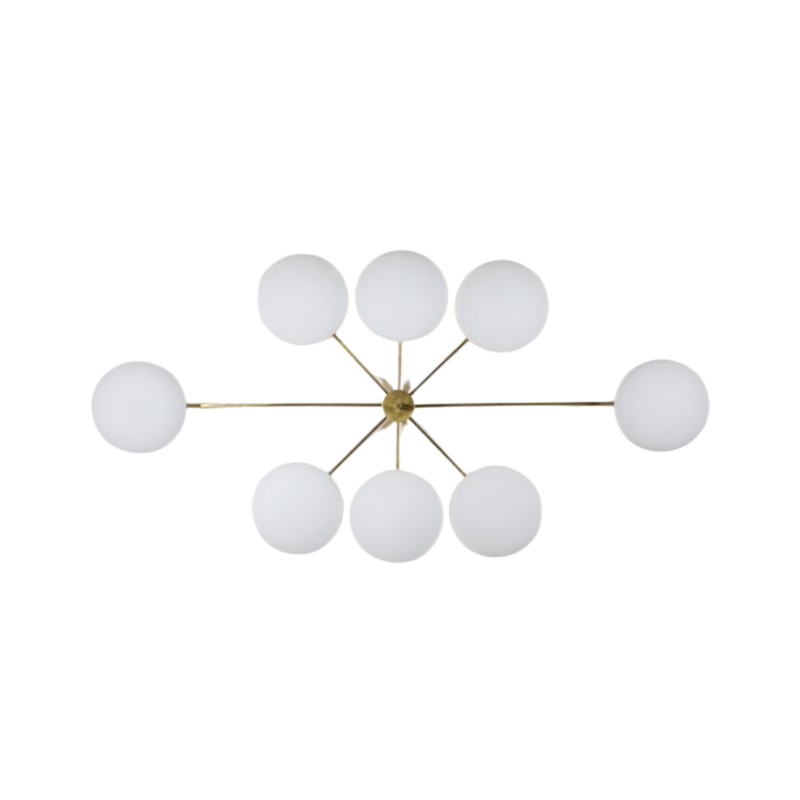back to the first question
when wright came to work at sullivan and adler's office he was almost immediatly given charge of residential projects. sullivan disliked designing houses and did so reluctantly. I do not know of this dispute but it seems that sullivan would hardly care. also when it came to form, sullivan's quote was used very differently than when it was popularised by the modernists. when he and adler were partners (most of his skyscraper projects) adler designed the building and sullivan did its facade(s). in the same way he had no interest in houses, he had little interest in structure and layout. For Sullivan, form refered to the visual form of a building (facade). he did not mean form as in the physical function of a building for its occupants. Sullivan was esentially an artist and was concerned with balancing anthropomorphic and gynopomorphic aspects of a building as well as representing change (therefore his ornament) that he saw as the primary attribute of the universe. this is a direct attempt to bring architecture in line with his transcendentalist beliefs. A couple of good books on sullivan are Louis sullivan: the function of ornament and Louis sullivan; the poetry of architecture. especially the part by narciso menocal. fascinating thread everyone - thanks bill
this is a remarkable observation about sullivan...
He specialized in facades and ornamentation? My how history gets twisted by those who try to use it their own ends. Thanks for this insight. I will look for those books. No wonder I saw a connection between Sullivan and postmodernism.
Some Thoughts
In response to the comment by glassartist my understanding was that Sullivan was reacting, not to the fact that he was doing houses, but to his genius. A tough thing to deal with and I'm sure Sullivan recognized it in it's early formation.
I believe that he (Sullivan) later acknowledged to Wright that he (Wright) had taken the step that he was unable to make.
New to these forums it has...
New to these forums it has been quite fun to come upon a thread like this so late, one that has been here for several months, and after some length, has been reshuffled to the top of the deck, a thread that read at once is apparent with a splended array of contribution; twists and turns, slips and falls, bursts big and small, and through it all an undeniable sense of climbing, moving onward, with such a wonderful light. The great novelist, E.L. Doctorow, said, of the craft of writing, something to the effect that he considered it to be like driving at night - the headlights only shown so far ahead but he could make it all the way home like that.
From whatever is documented...
about the reasons why FLW left Sullivan, I always kept the impression that it was simply Wright's "moonlighting" activities that upset dear Louis...
As to the question of Sullivan's posotion on ornament. I think he has always been clear on the fact that he could not accept a "subordination" of one over the other, but I think it is significant that in his 1892 essay he writes:"..it would be greatly for our aesthetic good if we should refrain entirely from the use of ornament for a period of years, in order that our thought might concentrate acutely upon the production of buildings well formed and comely in the nude. (...) and learn by contrast how effective it is to think in a natural, vigorous and wholesome way. This step taken, we might safely inquire to what extend a decorative application of ornament would enhance the beauty of our structures, what new charm it would give them."
I always considerd this phrase the basic "modernist" program. Not the rejection of ornament per se but the mission to put it aside untill we have found back that "natural, vigorous and wholesome way". To subsequently re-introduce it after this learning process. In my view, Sullivan's "for a while" was never intended as a short period, but as the period necessary to achieve the goal...and I do not think we have reached that yet, not in architecture, not in design. Unfortunately we are too impatient and easely distracted. We also have the tendancy to scale down everything to our own lifetime.
Time
I think one tends to forget history or at least, not to study it nowadays but the cycles of real and significant change in architecture are measured in, perhaps, centuries not decades. Or in what Saarinen called "elephant time".
Maybe one can't see the woods for the trees as a result.
Surely
this is true. And, not being sufficiently aware of the history, we are forced to relive it ? Or, more precisely, we fail to learn from our predecessors ?
To wit: I've never before seen the words of Sullivan quoted above, which are echoed so closely sixteen years later by Adolph Loos in "Ornament and Crime." I see now, by re-reading K Frampton, that Loos visited Chicago (1893-5) and read Sullivan's essay then. Thank you Koen ! Impatient and easily distracted, indeed. . .
If we take Wright's word for it, the moonlighting (which he knew was verboten) was the issue that led to Wright's departure. The other ruminations about their interactions are well worth pondering, too, I think. Wright paid homage to Sullivan always, yet I have never thought his work would have been much if at all different if Sullivan had not existed for him; what he did for Wright any other employer who encouraged him would have accomplished: getting him well-started on his career. In other words, it is not the specifics of Sullivan's own work that mattered to Wright, but his relationship with the man.
What is the correct translation of "my lieber meister"; is it "kind master" ? And why would Wright choose a German phrase ?
My lieber meisters...
Would it not have been even more strange for Frank Wright to have stayed with Sullivan? I can't speak for small firms in Europe, but in America it is more the rule than the exception for an exceptionally bright junior member at any kind of firm to go off and start his own firm, whether or not he got along with the small firm he began his career with. And moonlighting being an irritant between sr. partners and juniors is again more the rule than the exception, particularly if the sr. partner is a penny pincher, as many are. To survive in small business is to be a penny pincher, after all. So: I suppose it is interesting whether or not Wright left on bad terms, or if moon lighting was involved, but neither seem very significant in forming his career or in their long term effects on Sullivan and Wright having professional friendship afterwards. Almost everyone I have known has left a small firm under considerable tension, because losing anyone in a small firm creates headaches for the firm. But after the small firm has rehired staff and is back running smoothly I've found most departed employees get back in the good graces with the firms they left behind. And it is not at all unusual for departed employees who later become successful in their own right to throw the old boss a bone or two as a way of saying thanks and mending fences. In small business, you need all the friends you can get, because you never know when the next lean spot will come and you will have to go begging for overflow work from those you know.
If you need any help, please contact us at – info@designaddict.com









